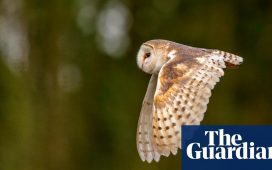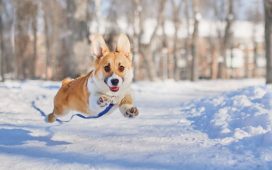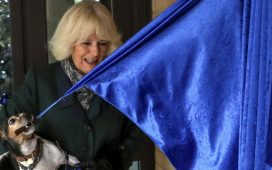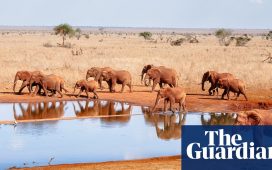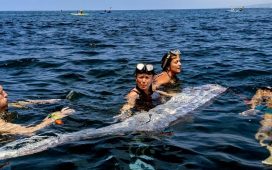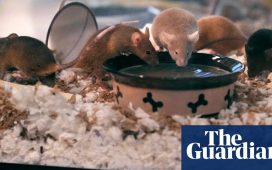A third of the racehorses exported from Australia to Korea in the past six years have since died, with most believed to have been sent to slaughter, an analysis by Guardian Australia has found.
A further 11% are listed in the Korean Racing Authority (KRA) records as “undecided”, an entry that often coincides with an abrupt end to their medical history, or the listing of an injury that is incompatible with racing.
It follows the publication by Guardian Australia of footage secretly recorded by People for the Ethical Treatment of Animals (Peta) at one of the main horse abattoirs at Nonghyup on Jeju Island in South Korea, which showed horses being beaten on the head with plastic pipes before being chased into the abattoir.
That video included footage of three Australian-bred racehorses, including Dynamic Tank, sired by Kentucky Derby winner Big Brown. Bareal Jeong, an Australian-bred racehorse sired by Street Cry, father of champion Australian racehorse Winx, was listed in a 40-year audit of slaughter records conducted by the KRA in 2015. He is likely to have been slaughtered in 2010, when his veterinary records end.
An analysis of Australian Stud Book and KRA records shows that of the 190 horses exported from Australia to South Korea between January 2013 and May 2019, 22 are listed as having been sent to slaughter and 29 are listed as having died, with most of those deaths believed to also be connected to the meat industry.
A further 11 died as a result of an accident during a race or in training, or because of an illness such as colic. About 27% — or 53 horses — were still racing, with that figure weighted toward the horses which had been more recently exported. Thirteen horses had been moved into the breeding industry, and 40, or 21%, had been retired as riding horses.
The average time between the listed date of export from Australia and the date a horse was reported to have died, or become “undecided”, is 22 months.
The RSPCA’s chief scientist, Bidda Jones, said the footage showed there were “obvious problems that need to be fixed” if Australia is to continue exporting thoroughbreds.
“We would urge Racing Australia to work closely with its overseas counterparts to ensure the humane handling of Australians racehorses throughout their lives, whether here or overseas,” Jones said.
She said she the story received “thousands of angry reactions and responses” within an hour of being shared on the RSPCA’s Facebook page on Thursday.
“Australians will not tolerate violence and cruelty toward animals,” she said.
Jones compared the reaction to responses to the live sheep export trade, which was heavily restricted following the release last year of whistleblower footage showing inhumane conditions, and said the racing industry had failed to act when faced with community opposition over issues like the use of whips.
“In this day and age, there is nowhere to hide,” she said. “If the animals in your care aren’t being treated well, when that’s happening, wherever it’s happening, you will be found out.”
Jones said industries that relied on animals should address these issues “long before they’re exposed in a national media story”.
Racing Australia was shown footage from the abattoir on Tuesday but said it would not expand on an earlier statement on horse retirement protocols introduced in Australia in 2015, which also expressed its support for the establishment of a government-funded national horse traceability register.
It did not respond to a further request for comment on Thursday.

